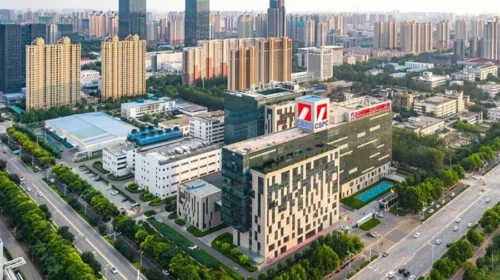FAST NEWS: Four Sihuan affiliate products included in China’s national health plan

The latest: Sihuan Pharmaceutical Holdings Group Ltd. (0460.HK) announced Tuesday that four non-PVC solid-liquid double chamber bag products developed by its Beijing Ruiye affiliate have been included in the 2023 edition of China’s National Reimbursement Drug List under the nation’s health plan.
Looking up: Of Beijing Ruiye’s nine non-PVC solid-liquid double chamber bag products on the market, seven have been included on China’s National Reimbursement Drug List, which typically greatly increases their sales potential.
Take Note: Products are required to offer major price concessions in exchange for inclusion in the national health plan. Thus, inclusion on the list may boost unit sales, but can severely erode a company’s margins.
Digging Deeper: Founded in 2001 and listed on the Hong Kong Stock Exchange in 2010, Sihuan previously specialized in production of generic cardiovascular and oncology drugs, but in 2021 entered the medical aesthetics field with its exclusive launch of wrinkle-reducing Botox “Letybo,” the fourth type-A Botox product approved in China. The company called 2021 a major turning point for its business, reflecting its successful transition from a traditional generic drug maker to a medical aesthetic drug company. However, it fell into the red in 2022 due to a large impairment loss on some of its assets and the impact of China’s strict Covid controls on its aesthetics business. It suffered another loss of 49.64 million yuan ($6.6 million) in the first half of last year.
Market Reaction: Sihuan shares jumped on Wednesday, closing up 3.3% at HK$0.62 by the midday break. The stock now trades at the lower end of its 52-week range.
Translation by A. Au
To subscribe to Bamboo Works weekly free newsletter, click here






